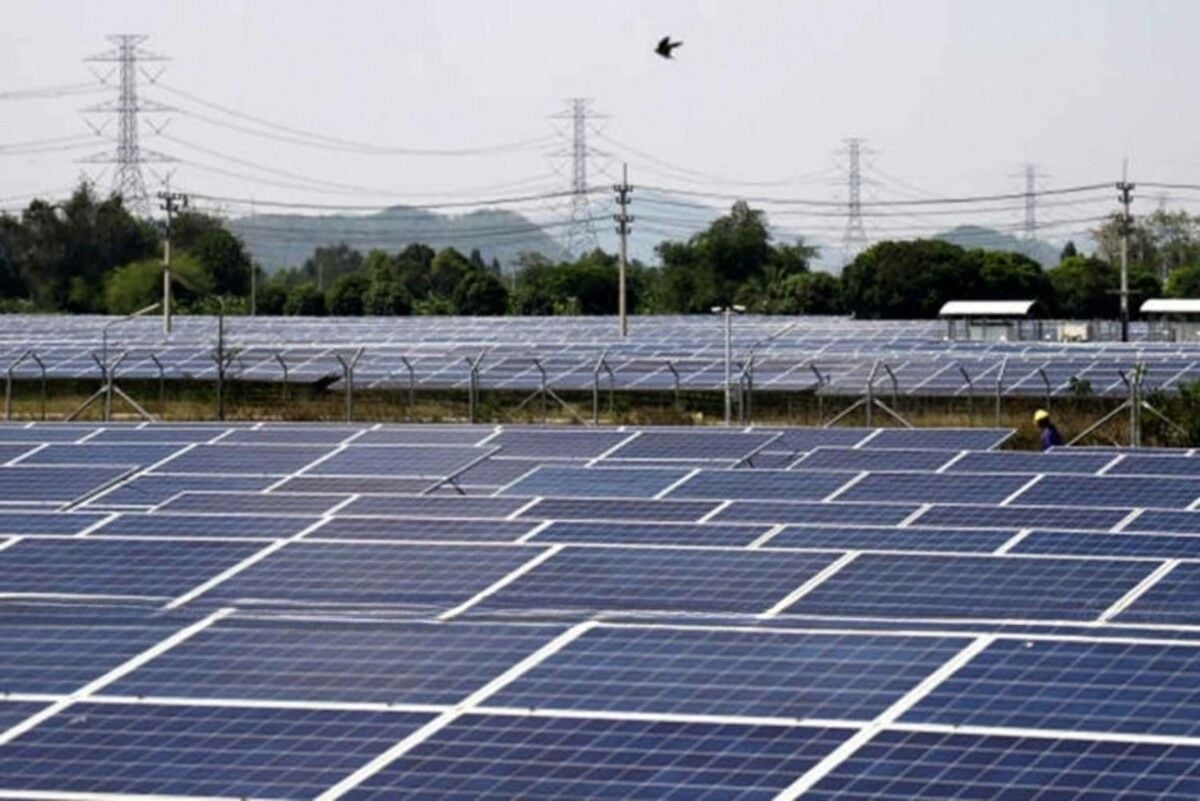
Thailand’s 2024 power development plan (PDP) may undergo significant revisions to enhance the management of the nation’s long-term energy supply and bolster efforts against global warming. This was suggested by Energy Ministry Permanent Secretary Prasert Sinsukprasertas after he highlighted the need for adaptation in response to evolving energy concerns.
The Energy Policy and Planning Office is currently evaluating the PDP. Once the review is completed, the plan will be forwarded for approval to the National Energy Policy Council, which is chaired by Prime Minister Paetongtarn Shinawatra. The potential for adjustments stems from differences of opinion among energy experts, despite the plan having already been subjected to a public hearing.
Prasert noted that Energy Minister Pirapan Salirathavibhaga has yet to give a decisive response to the proposed plan. He remarked on this during a discussion held yesterday, December 18. Under the current PDP, Thailand’s power demand is projected to reach 112,391 megawatts (MW) by 2037, a substantial increase from the present 51,000MW.
Critics argue that such a high-demand projection could impose significant investment burdens on the government. These critics also point out that while the PDP aims to increase the use of renewable energy, the proposed share is not enough to align with the government’s global warming mitigation strategies.
The PDP outlines an increase in renewable energy usage to 51% of total fuel consumption by 2037, up from 20% at the end of last year. Conversely, the use of coal and gas is expected to decrease to 48%, compared to nearly 80% at the beginning of this year.
The remaining 1% is attributed to nuclear energy and innovative solutions designed to curb fossil fuel reliance and enhance energy efficiency.

In alignment with global environmental commitments, former Prime Minister Prayut Chan-o-cha declared in 2021 at the 26th UN Climate Change Conference that Thailand would take a more assertive stance on climate issues.
The country is committed to achieving carbon neutrality, equilibrating carbon dioxide emissions and absorption, by 2050, and a net-zero target by 2065, balancing all greenhouse gas emissions with absorption.
Prasert confirmed that Pirapan would officially announce any potential adjustments to the PDP sometime next year. The ongoing deliberations reflect Thailand’s strategic approach to balancing energy needs with environmental responsibilities.
Beyond the PDP, the Energy Ministry is also preparing to invite Thai and international companies for petroleum exploration and production in the Andaman Sea. This initiative is set to commence within the first quarter of next year.
Prasert indicated that there is potential to discover new petroleum reserves near existing offshore gas fields in Myanmar. This exploration effort is part of broader measures to secure energy resources and support Thailand’s economic and environmental objectives, reported Bangkok Post.
The story Thailand’s power plan may see revisions for climate goals as seen on Thaiger News.
